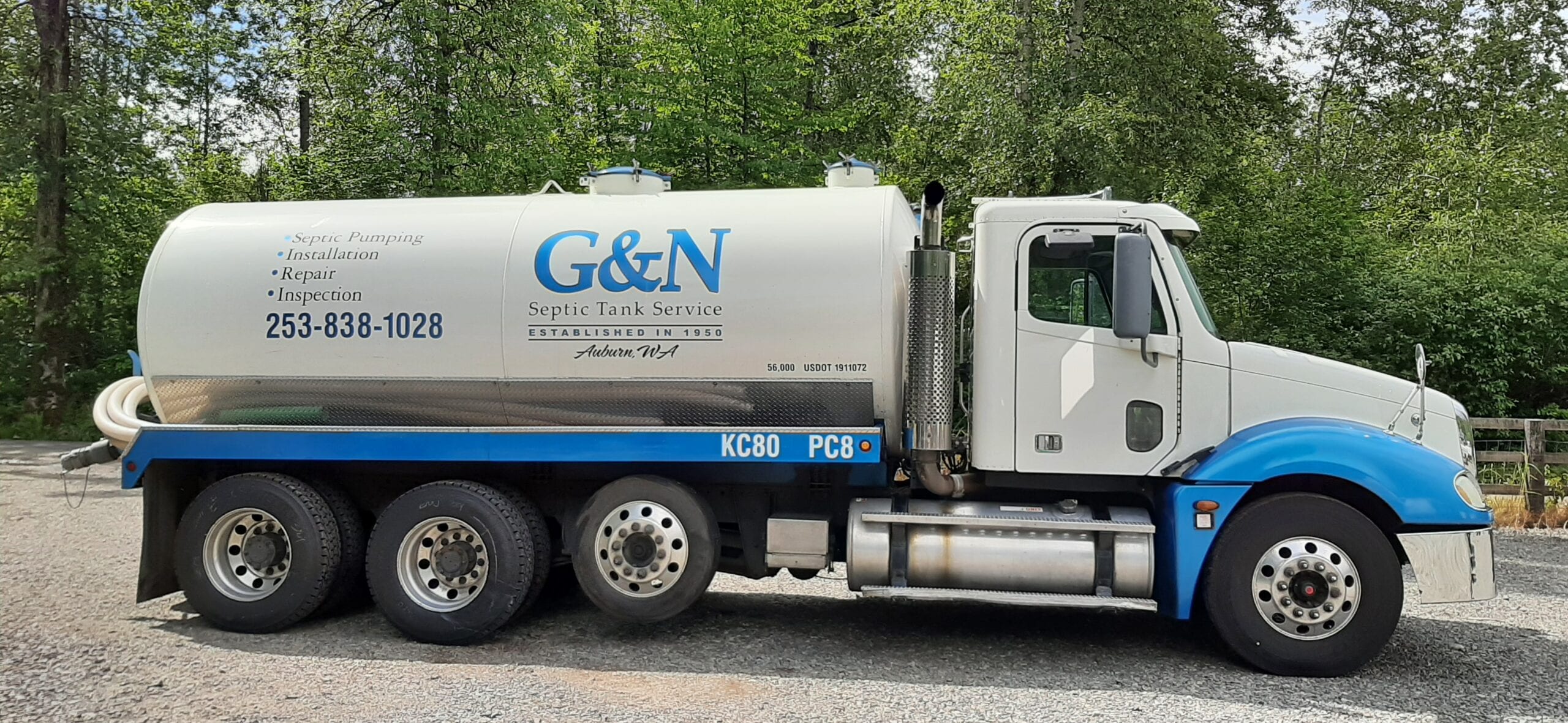Septic System Do's and Dont's
Septic System Do's
Get Annual Inspections
Be sure you know where your septic system is located and the steps in taking care of it. This includes annual inspections and pumping every 2 to 5 years to prevent solids from flowing into the drainfield and causing the field to fail.
Direct Water Away
Direct water from roofs and downspouts away from the tank and drainfield to prevent flooding of the system. This flooding keeps the system from operating properly and processing the effluent effectively.
Install an Effluent Filter
Install a septic tank effluent filter, also referred to as an outlet filter baffle, to prevent solids from flowing into the system drainfield. Inspect this filter annually and clean it to prevent clogs and damage.
Keep Vehicles Off
Keep vehicles and equipment off of your tank and drainfield to prevent breakage or damage of pipes and potentially harmful soil compaction that prevents proper absorption of water.
Use Less Water
Reduce your usage of water by fixing leaks, avoiding partial laundry loads, running water-using appliances one at a time, and using water-saving faucets and shower heads to lengthen the system lifespan.
Phosphate-Free Detergent
Use phosphate free detergents to prevent algae problems in nearby bodies of water. You should also use laundry sheets instead of liquid softener.
Septic System Don'ts
No Chemicals
Harsh chemicals such as drain cleaners, floor cleaner, and bleach can destroy the good bacteria in your septic system and cause water contamination.
No Solid Waste Disposal
Never dispose of needles, baby wipes, diapers, cigarettes, condoms, coffee grounds, feminine products, or grease in your system. These cause clogs and back-ups.
No Additives
Avoid using septic tank additives of "miracle" system cleaners. These can harm your system, cause clogs in your drainfield, and contaminate surface and ground water.
Avoid Garbage Disposals
Using a garbage disposal can cause clogging and overflow of the drainfield. These disposals add minute particles of grease and solids into the system, which requires more frequent pumping.
No Water Disposal
Don't dispose of large volumes of water from hot tubs, water softeners, or other systems into your septic system. Large volumes of water and chemicals can be harmful to good bacteria.
Don't Cover the Drainfield
Don’t place a deck, carport, deep-rooted plant, or other structure over your drainfield. This blocks access and prevents necessary oxygen from reaching the sewage to encourage breakdown.
We're Septic Experts
We can solve and prevent problem with your septic systems. Whether it's Installation, Inspection, Pumping, or Repair, we have you covered.


